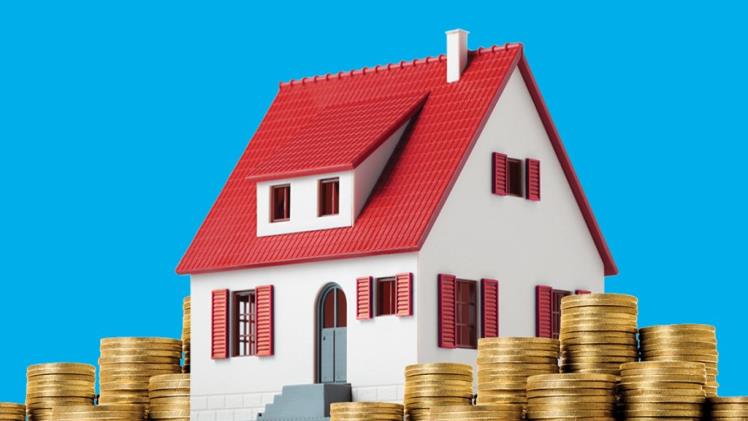If you need to remortgage your home, there are several things you should know. It’s important to understand what you can afford and how much it’ll cost you in the long term.
Remortgaging a home is a big decision, so it’s important to take the time to consider all of your options. Here are five things you should know about remortgaging:
Costs
The cost of remortgaging is going to depend on the type of mortgage you have and how much you’re borrowing. If you’re on a tracker, for example, it’s likely that your rate will be lower than if you’re on a fixed rate. You may also be able to save money by extending the length of your repayment period or lowering your monthly payment amount.
Repayment period
When choosing between different types of mortgages, consider how long it will take for the loan to be repaid and whether this fits into your future plans. For example, if you want to buy another property in 10 years’ time, then a longer repayment period might suit best as it’ll allow more time for additional repayments without increasing monthly payments too much. If you plan on retiring soon after retiring at 65 years old (or before), then a shorter repayment period
Remortgaging can offer you a better deal on your loan
Remortgaging allows you to pay off the mortgage early or move money to another account. You can also use the loan proceeds to invest or make improvements to your property.
A better rate means lower monthly payments
With a lower interest rate, you’ll pay less each month and see an increase in the value of your property. This makes remortgaging an attractive option for many people who want to save money while they wait for their investments to grow.
You could save more than £300 per month by remortgaging now
If you’re paying more than 5% interest on your mortgage, then remortgaging could save you hundreds of pounds each year. Remortgaging can help you get a better deal on your current mortgage, transfer some or all of your existing debt onto a new mortgage with a lower interest rate and release some equity from your home if it’s worth more than what you owe on it.
When you take out a mortgage, you commit to paying back the amount borrowed over the term of the loan plus interest at an agreed rate. When you first buy a property, it’s usually set at a fixed rate for the duration of the mortgage or two years, whichever comes first. However, after this initial period is up, you’ll be charged at whatever variable rate your lender offers at that time – often significantly higher than your initial fixed rate.
If your current mortgage is variable and has been for some time, there’s a good chance that you’ll be able to fix it again if things change for the worse. This means that even though rates might go up in the future (or down), you’ll still benefit from having a lower rate than what’s currently available on the market and won’t have to worry about being hit by any rises in future. To know more about the remortgage your Southend home, contact us.

